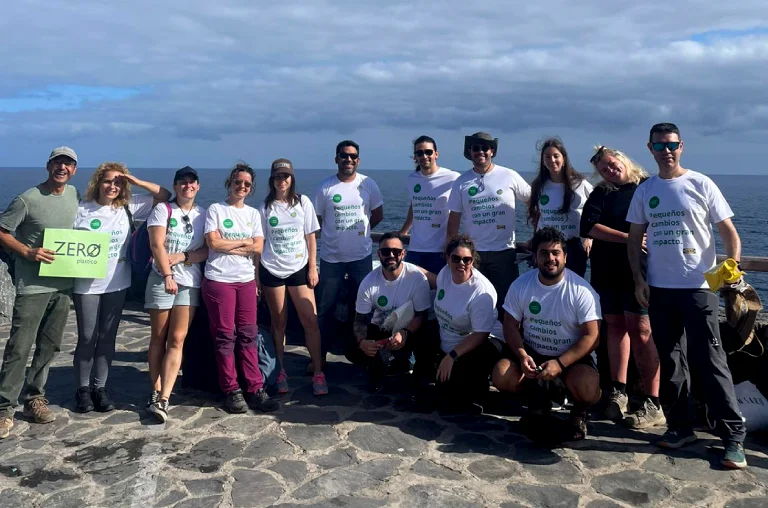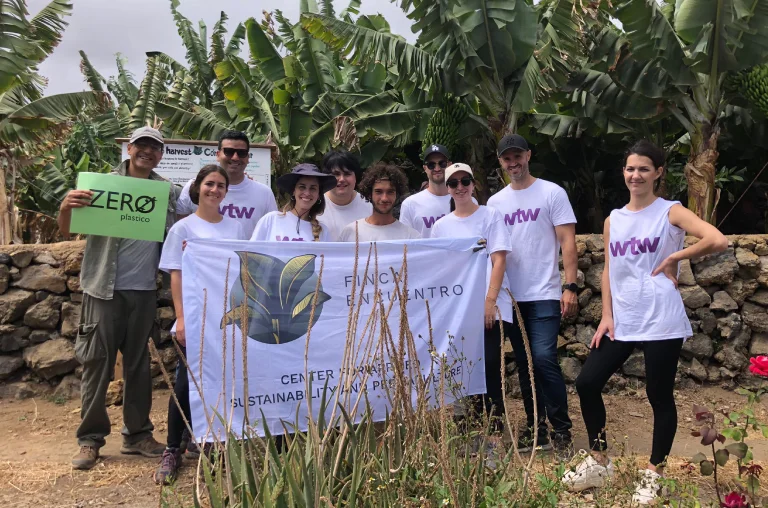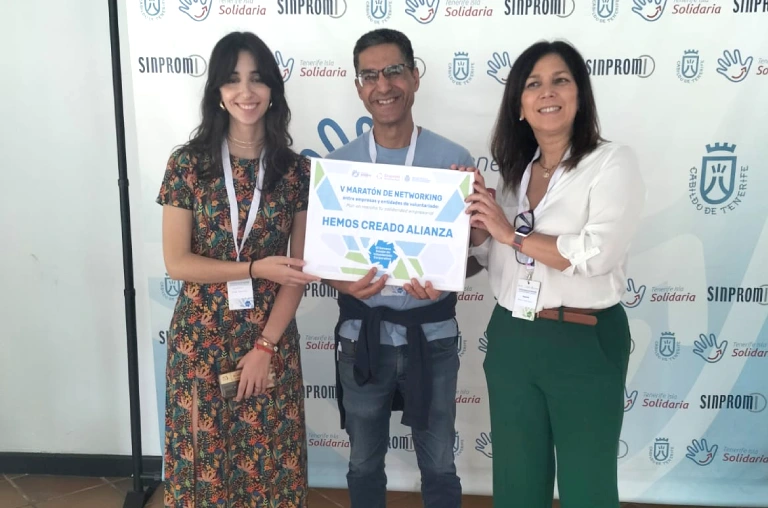You can spend responsibly with these 7 keys
Today is Responsible Consumption Day! Although we are still locked at home due to the epidemic, when you wake up, have you ever thought that consumption has become a part of our daily life? We consume electricity, food, online products, gasoline or public transport tickets and, unintentionally, we also consume thousands of maritime containers. What we choose to consume matters because we can favor those working to protect the environment, bringing those products or services closer to us, or we can choose to support neighborhood businesses and shop closer to us instead of from large corporations.
However, we must remember that neither the city or town in which you live, nor the hyperconsumption systems in which we operate, nor the advertising that they force us to swallow every day, can help you achieve this. The responsibility to consume less, to be sustainable, to be local, to have zero waste, to produce no emissions, to support individuals or small businesses instead of big companies is not only our responsibility, but also largely depends measure of their country’s policies. area.
Responsible consumption, obstacle course
Responsible consumption continues to be a barrier, but your city council can make it a reality by promoting local and sustainable products, short marketing channels and agroecological public purchases, plastic reduction, wholesale sales, clean energy, sustainable mobility. Live easier, help the planet and more. If you have identified how your community, city or town needs to improve, please feel free to send it to your political leaders with your ideas in this document. In fact, if you think you can’t do it alone, you can join a movement, community or NGO that works to improve your area. Those with political responsibility must listen to us and we can present our demands to them by mail, letter, in person (with all the necessary security measures) or even through social networks, generating social pressure to implement them.
What else can I do besides ask?
In addition to demanding that the places where we live be reinvented to improve their sustainability and quality of life, we can follow these 7 keys to responsible consumption:
1. Buy food: Support producers in your nearest urban or rural area.
Look for them in consumer groups, market stalls, community stores that sell through short channels or even online stores where you can order from their garden/field/sea to your table. There is a wide range of products: fruits, vegetables, cheeses, honey, drinks and more, all grown and made sustainably near you. Support their work and their delicious products instead of automatically selecting items from the supermarket, even if that means going to three nearby stores instead of getting everything in one.
2. For clothing, technology, and other products: Buy only new items that are absolutely necessary.
Before buying a new one, think carefully about whether you need it or not, and if you buy it used you may want to take it to your neighbor, town or city to have it repaired or replaced. For example, have you ever considered that what may not be appropriate for the youngest children in your family (clothes, toys, etc.) may be appropriate for other boys and girls in your neighborhood and vice versa? Buying a new item involves many more emissions and raw materials than repairing, replacing or choosing a used one. If you have no choice but to buy something new, try spending your money at local neighborhood businesses instead of large corporations.
3. Online Shopping – Spend less and choose small businesses over big appliance companies.
Also, only buy online if the physical store that sells the product is more than 15 kilometers away and you cannot walk or ride a bike. To avoid tripling shipping emissions, it is important not to select expedited shipping when purchasing. You can find more information about when you can’t use e-commerce and when you should use it.
4. For general consumption: remember the rural world.
Support local producers and artisans. The object you are looking for can be found in the nearby field and has greater meaning and soul than any object found in a large area.
5. If you want to use clean energy, replace the chip and explore all alternatives to your current electricity contract.
Today, you can produce your own energy legally and technically, regardless of where you live, alone or with your neighbors. You can consume clean energy using your own consumption. But beyond this formula, there are many citizen initiatives, large and small, that can help us make the transition towards sustainable energy and contribute to systemic change to reduce emissions and improve our planet. Find out which one is best for you and do the same or share this app with your municipality.
6. To reduce waste: Buy everything you can in bulk, in reusable, returnable or disposable containers.
Whether it is paper, cardboard, biodegradable, plastic or aluminum packaging, its use and disposal is very costly in the form of waste, landfills, emissions and environmental pollution that we have to manage. This may not be possible if you try it in the supermarket, but in stores you can find fruits, vegetables, meats, fish, flours, pastas, spices, nuts and many other products in bulk that you can transport in containers.
7. To travel emission-free: walk or cycle if possible.
Explore your neighborhood to see what shops, parks or services are within 15 minutes and avoid long commutes. If you need to go further, choose public transportation. It costs less and you don’t have to look for parking. We all have the right to access products and services that do not contribute to the climate or planetary destruction. If your neighborhood, town or city does not have these options, ask your municipality to implement them and involve your neighbors! Contribute to the sustainability of your city, region or municipality through responsible consumption and demand that political leaders reinvent their policies so that responsible consumption is not an obstacle. To take action!







